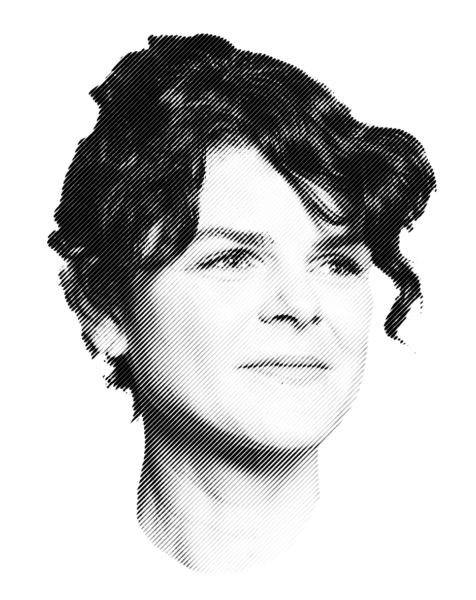Becoming a founder should be the first, not the last, step in your career.
Too many people delay their founder journey because they believe they’re not “ready” yet, when in reality, the only way to become ready is to start.
There will always be reasons to delay. If you’re waiting for the perfect time to start a company, you’ll be waiting forever. People tend to get trapped in collecting badges – a place at a top university, an MBA, a job at a top firm, another promotion, another year of experience. It’s far better, however, to focus on creating tangible value for the world, from day one. The sooner you start, the more “ready” you’ll become.
You need a lot less than you might think to start your journey as a founder.
The CEOs of five of EF’s six most valuable companies all had just one year of work experience – or less – when they joined the programme. One of our top companies, Accurx, was co-founded by Jacob Haddad and Laurence Bargery, who were both fresh out of their undergraduate degrees when they started the company.
Alex Daylac had just finished a Master’s when he joined the programme – and went on to co-found Tractable, which is now worth more than $1Bn. You have the same chance Alex had of building a unicorn that impacts the lives of millions of people.
You don’t need an idea to become a founder. You just need to explore a hunch.
People often delay founding because they’re waiting for the perfect, fully-formed idea to emerge.
In reality, a startup idea isn’t a single eureka moment of insight or inspiration. It’s something you create by exploring a hunch.
At EF, we use an ideation framework that helps you develop an idea in an area where you have the right to win. We call this your ‘Edge’. Working from your Edge—your specific, personal, competitive advantage—flips the notion that ideation involves whiteboarding a long list of big markets or interesting problems to solve.
The key is to formulate a sense of what ideas you might be uniquely well placed to work on and then connect with customers who will allow you to experiment with, iterate, and improve that idea over time.
Your ability to succeed as a founder isn’t written in the stars, and it’s not genetic. You can cultivate the skills you need over time.
What you know on day 1 won’t determine the outcomes you get on day 100. In most cases, you’re exploring uncharted territories because you’re looking to solve a problem that no one else has been able to solve. You’re not an expert, and neither is anyone else, so it’s common to have moments of doubt or even feel like a fraud. What matters is how you respond to those feelings, and whether you keep going.
At EF, there are certain things we look for to help us identify potential founders – but none of those things are predetermined. Every skill or behaviour we look for can be cultivated over time.
One of the key things we look for in aspiring founders is outlier behaviour. We look at what you’ve done that stands you apart from your peers – what have you achieved or how have you behaved differently to those around you?
Take someone like Bas de Vries, founder of Limbic, who said of his trajectory, “I’ve always really enjoyed making things. By fourteen, I ended up finding out about programming computers and websites, and I was hooked. At sixteen, I launched my first website (a search engine for cars). During the summer holiday before my last year of high school, I founded Uncover Lab, a tattoo shop for objects (you can still visit this in Amsterdam today). By the time I turned nineteen, I had built a peer-to-peer payments app, which grew out to be the best rated one in the Netherlands.”
Relative to his peer group, Bas achieved an exceptional amount in a very short amount of time. Helene Guillaume Pabis, co-founder of Wild.AI, had a successful career in finance while playing rugby semi-professionally and completing ultra-marathons. Jacob Haddad, co-founder of Accurx, aced his academic career, was student union president, set up a TEDx conference, was a first aid responder at the London Olympics, and was a finalist in a top TV cooking show. If you feel like you haven’t done anything similar, nothing is stopping you from starting now – try building something that’s valuable to other people, and see where it takes you.
It’s very likely that you already have everything you need to become a founder.
You don’t need years of experience, you don’t need the perfect idea, you don’t need particular badges. We’ll help you meet your co-founder, develop half-baked thoughts or hunches, build a product that people love, and raise from our network of investors.

